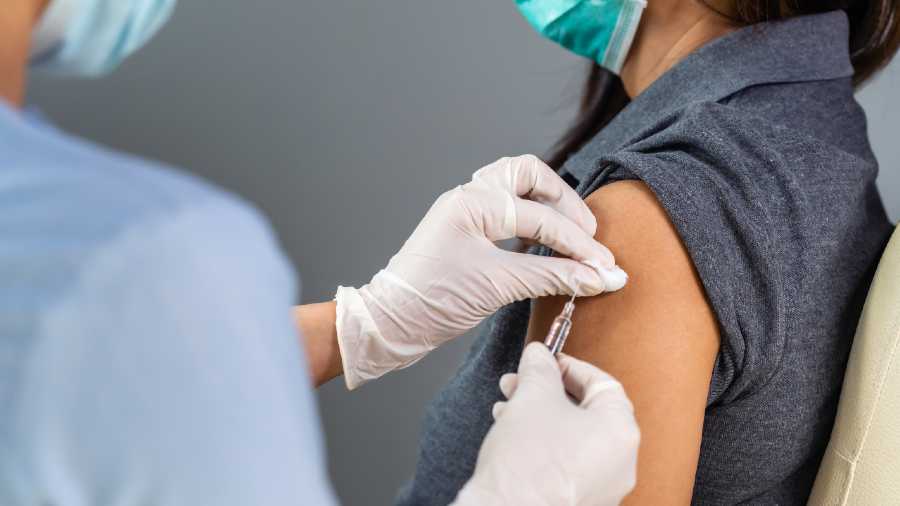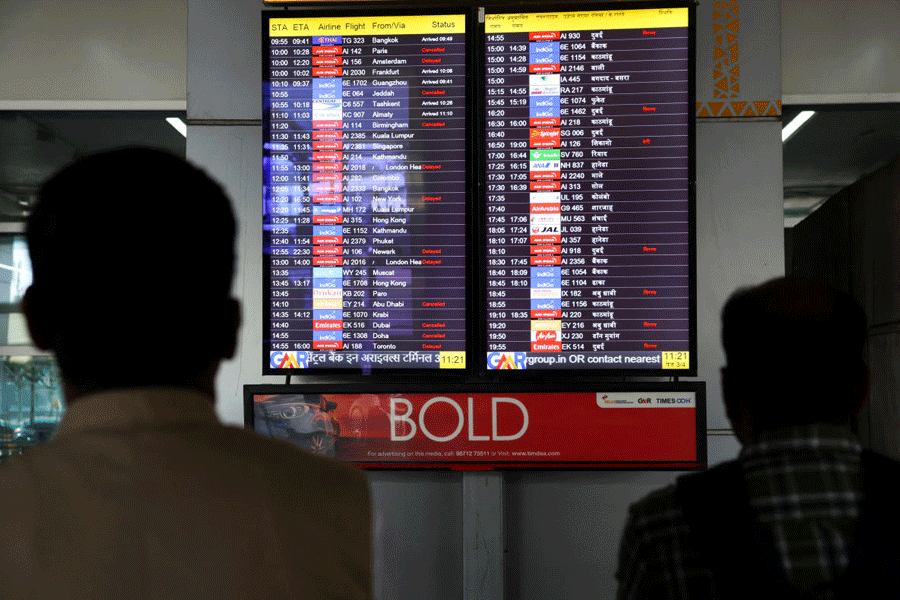Vaccinations or immunisations are traditionally considered a repetitive, scheduled childhood event. Initially, there were only four or five immunisations to keep track of, the schedule stopped at age five, and life was easy for children and parents.
Now, this has become the child and adolescent schedule that extends to 16 years and beyond. Some universities in India and abroad have started demanding proof of vaccination for admissions. The child’s immunisation “card” has to be kept as safely as ration and Aadhaar cards. The Covid-19 vaccine targeted the entire adult population as well.
Immunity (even that provided artificially by vaccines) wanes over time. Age affects the number of immunity-producing T cells and the efficiency of their immunological response —
- Their memory for previous infective agents may not be as strong;
- Maturity-onset diseases like diabetes reduce immunity;
- Bad habits picked up over the years, like smoking and drinking, also have a negative impact;
- Senior citizens may be around grandchildren who carry diseasecausing bacteria and viruses home from school.
The immunisation schedule now extends to adults and senior citizens to overcome these problems. In particular, there is the coronavirus pandemic. By this time, adults should have taken two doses. In addition, those who are eligible should have also received a booster.
Every year, depending on the evolving strain, new flu vaccines are released. Everyone — particularly the elderly — should take an annual flu vaccine.
Even though the flu infection itself is mild, it can lead to complications due to secondary bacterial infections like pneumonia, ear infections and sinusitis. Some of these can be fatal.
Children should receive three doses of the pneumococcal vaccine before one year. It is also recommended for those between 19 and 65 years of age and unimmunised, if there are health-compromising conditions such as heart or liver disease, absence of the spleen, diabetes, cigarette smoking or organ transplants.
By the time you are 65 years old, you should receive one dose of vaccine irrespective of childhood immunisation status. Pneumococcal pneumonia can be challenging to diagnose in the elderly and even fatal.
Household pets can carry rabies. Members of the pet-rearing household should have prophylactic immunisation against rabies with three doses of pre-exposure immunisation. Many people do not appreciate the danger of rearing cats. But cats (unlike dogs) tend to roam free and can carry the rabies virus without exhibiting symptoms. Many older adults have not been immunised in childhood against hepatitis B. Although the vaccine has been available since 1980; it was incorporated as part of India’s universal free immunisation schedule in 2017.
Before that, it was available as a paid vaccine. This means that much of the population is not immunised against this virus.
Even though the infection may be asymptomatic, reactivation of the virus or chronic disease can lead to liver failure, scarring (cirrhosis) and liver cancer. The infection is spread through contact with body fluids and the use of contaminated unsterile syringes and needles.
Pregnant women should be administered at least two doses of tetanus toxoid during pregnancy. In many countries, they are shifting to combined immunisation against diphtheria (dT) as well. In older adults (men and women), a dT booster is recommended every 10 years.
Herpes Zoster (which tends to affect older adults) should be given in two doses for adults over the age of 50 years.
Prevention of diseases is always better than an attempted cure.
The writer has a family practice at Vellore and is the author of Staying Healthy in Modern India. If you have any questions on health issues please write to yourhealthgm@yahoo.co.in










